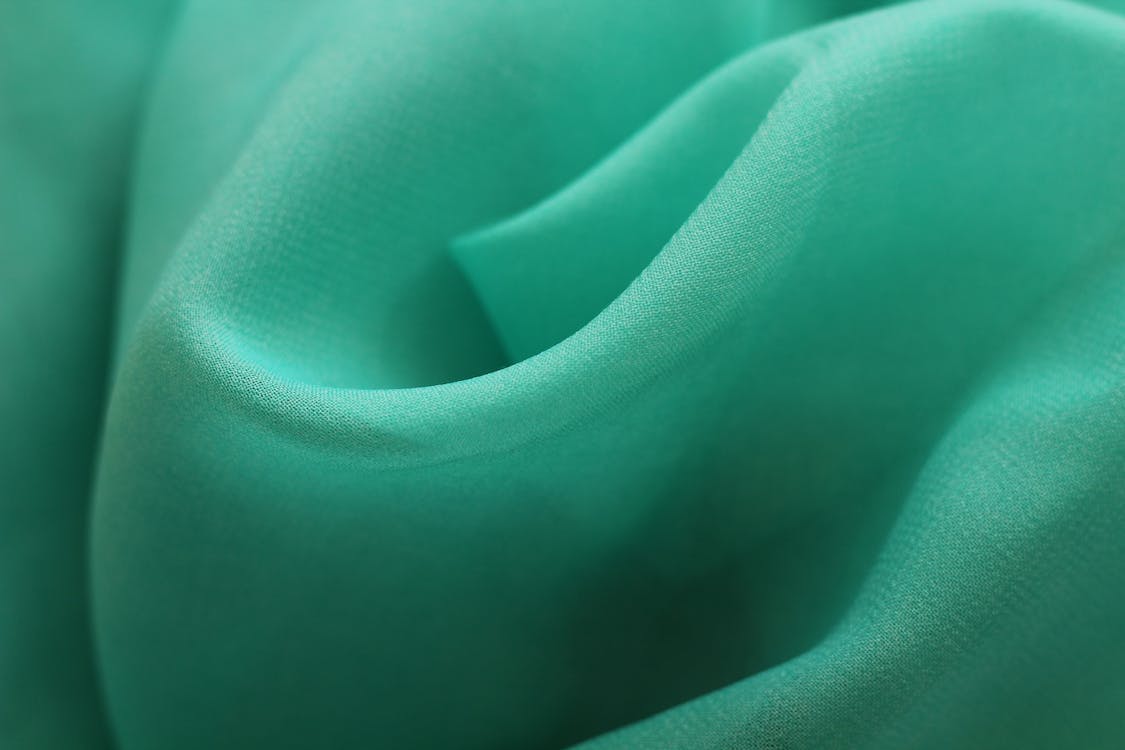
FAQ About Differences in Polyester
Differences in Polyester
2 years ago | gizem
How does polyester compare to rayon?
Polyester and rayon are two different types of synthetic fibers with distinct characteristics. Here's a comparison between polyester and rayon:
- Source: Polyester is a synthetic fiber derived from petroleum-based products, while rayon is a semi-synthetic fiber made from cellulose derived from wood pulp or other plant materials.
- Strength and Durability: Polyester is generally stronger and more durable than rayon. Polyester fibers have high tensile strength and are resistant to stretching, shrinking, and wrinkling. Rayon, although versatile, is less durable and can lose strength when wet.
- Moisture Absorption: Rayon has higher moisture absorption capabilities compared to polyester. It can absorb and release moisture, making it comfortable to wear in hot and humid conditions. Polyester is hydrophobic and does not absorb moisture as readily, which can make it less comfortable in high humidity.
- Breathability: Rayon is more breathable than polyester. Its natural cellulose structure allows air to circulate, providing a cooling effect and making it suitable for lightweight and breathable garments. Polyester is less breathable and can trap heat and moisture, potentially leading to a less ventilated feel.
- Drape and Texture: Rayon has a soft and flowing drape, often resembling natural fibers like silk. It has a smooth texture and is known for its luxurious feel. Polyester has a smoother texture but may not have the same level of drape and flow as rayon.
- Care: Polyester is generally easier to care for than rayon. Polyester fabrics are often machine washable, quick-drying, and resistant to wrinkles and shrinkage. Rayon fabrics, on the other hand, can require more delicate care, often requiring hand washing or dry cleaning to maintain their shape and prevent shrinkage.
- Price: Polyester is generally more affordable than rayon. The production process of polyester is highly efficient and cost-effective, making it a popular choice for various applications. Rayon production involves more complex processes, which can contribute to its higher price.
- Environmental Impact: Rayon, being derived from plant-based materials, is often considered more environmentally friendly than polyester, which is derived from petrochemicals. However, the production of rayon involves the use of chemicals, including solvents, which can have environmental impacts if not properly managed.
